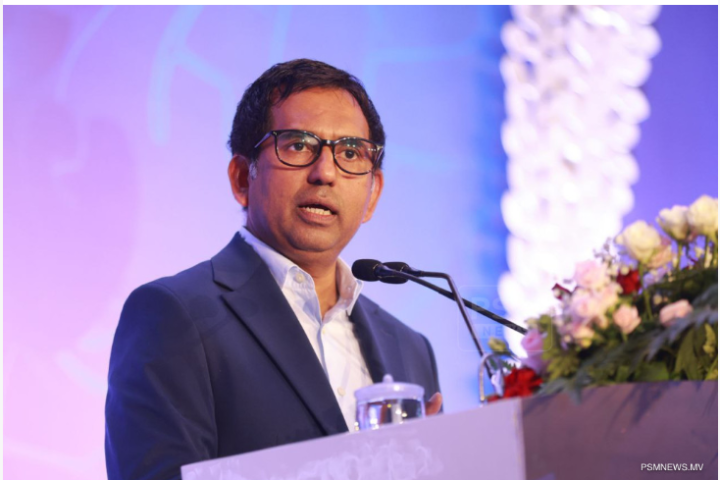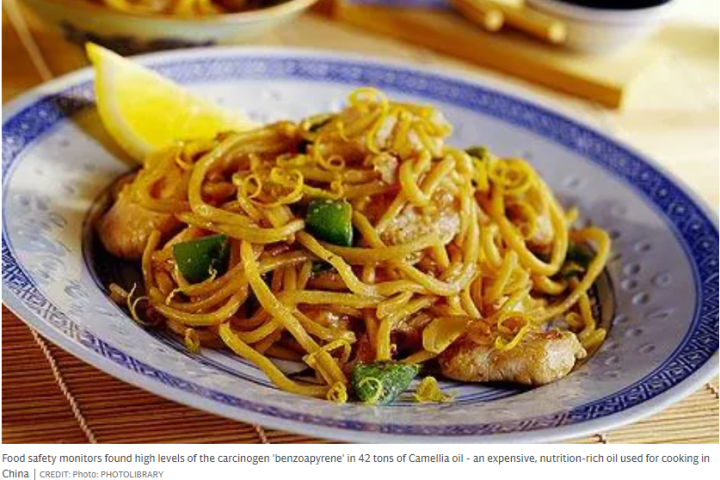In a swift response to alarming revelations, the Ministry of Health has launched a special hotline to report unsafe food practices, coinciding with the enforcement of a newly enacted Food Safety Act. This move follows a series of investigations led by Homeland Security Minister Ali Ihusaan and Maldives Immigration Chief, which uncovered illegal immigrant-run underground businesses operating across Male’, some involved in unsafe food processing.
One particularly egregious case involved an illegal Bangladeshi worker who had been running a food delivery service accused of unhygienic food practices. This case, among others, has exposed the lax enforcement of existing regulations, prompting the government to take immediate action to safeguard public health.
In a nation where a laissez-faire attitude has often prevailed, the exposure of these illegal operations has served as a wake-up call. The presidency has responded by establishing the Maldives Food and Drug Authority (MFDA), granting it broad powers to enforce food safety regulations.
Health Minister Dr. Abdullah Khaleel announced the establishment of the special hotline via a post on X, urging the public to report any unsafe food practices. “Please report photos and videos to these numbers!” the minister emphasized, highlighting the critical role of public participation in this initiative. The hotline’s introduction aligns with the enforcement of the Food Safety Act, which President Mohammed Muizzu approved in May.
The new legislation, published in the Government Gazette, is designed to tighten regulations on food preparation and empower the Ministry of Health to take decisive action against violators. Central to this effort is the re-establishment of the MFDA, which now holds the authority to collaborate with local councils to enforce the standards set by the Act.
Under the Act, food service establishments face stringent inspections, controls for foodborne diseases, and the removal of unsafe food items from the market. Criminal prosecution and fines of up to MVR 1 million await those who fail to comply.
The success of this initiative hinges on the genuine and consistent implementation of the Food Safety Act. Historically, authorities have often hesitated to enforce regulations fully, particularly in areas where public hostility could arise. There is also the question of whether the MFDA and other implementing agencies are adequately prepared and equipped with the necessary laboratories for forensic testing, and if they have established the required Standard Operating Procedures (SOPs) to fulfill their mandate effectively.
The Ministry of Health also has the power to close any establishment that does not meet safety standards.
Additionally, the Act mandates that residential food processors obtain a license from the MFDA, with license numbers required on all packages. This provision ensures accountability, as the responsible individual will be documented in case of any issues with the product.
Article 7 of the Act outlines the responsibilities of local councils, including community-level awareness, educational programs on food safety, and close collaboration with MFDA-authorized staff to enforce regulations.
The government’s comprehensive approach, involving the Ministry of Health, MFDA, local councils, and the public, marks a significant step towards ensuring that all food prepared and consumed in the country meets the highest standards of safety and hygiene. The newly established hotline is a crucial tool in this effort, allowing citizens to report unsafe food practices and environmental hazards that threaten public health.










